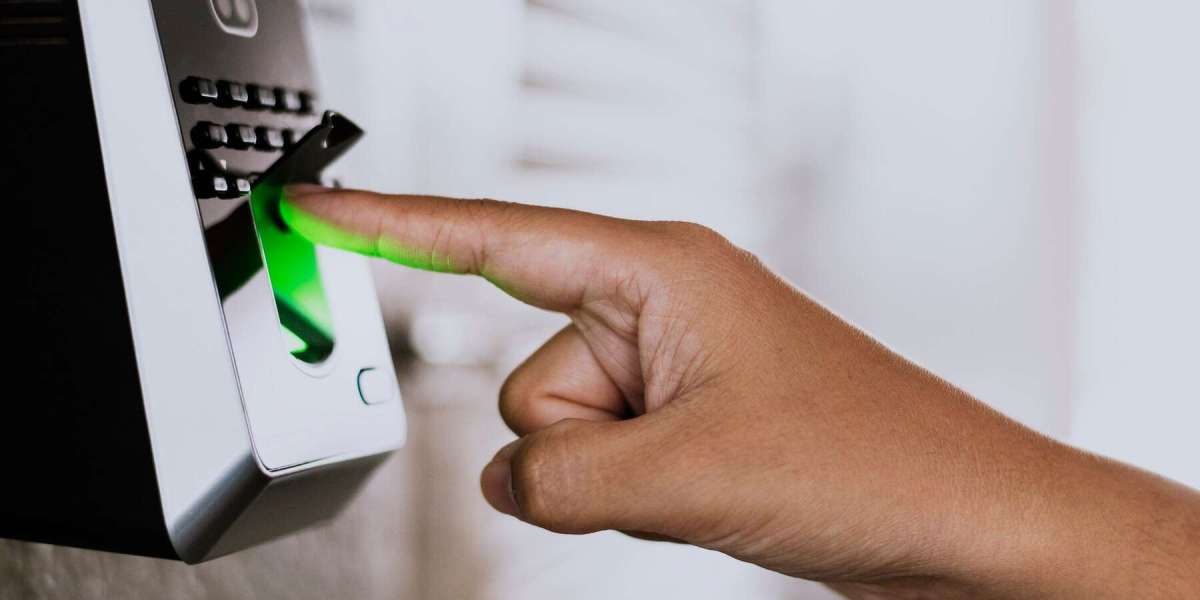With the rise of online education, institutions worldwide have adopted proctoring systems to ensure the integrity of exams. A Proctor Exam is a test that is monitored, either in person or through an online proctor exam system, to prevent cheating. As more students seek online proctor exam help, it's essential to understand how these systems work and the measures they take to detect dishonest behavior.
Proctoring systems use advanced technologies, including artificial intelligence (AI), facial recognition, and eye-tracking, to monitor candidates. This article explores how proctoring systems detect cheating, the techniques used, and what test-takers should be aware of.
How Do Proctoring Systems Work?
Before diving into how they detect cheating, let's first understand how proctoring systems function. There are three primary types of proctoring:
1. Live Proctoring
A human proctor supervises the exam in real time through video conferencing. The proctor can intervene if they detect suspicious behavior.
2. Recorded Proctoring
The exam session is recorded, and a proctor reviews the footage later to flag any suspicious activities.
3. AI-Based Automated Proctoring
Artificial intelligence monitors the test, analyzing facial expressions, background noise, and keystrokes. If the system detects potential cheating, it flags the exam for further review.
Methods Proctoring Systems Use to Detect Cheating
1. Facial Recognition and Identity Verification
Most proctoring systems require students to verify their identity before starting the exam. This can involve:
Scanning a government-issued ID or student ID.
Capturing a live photo to compare with the ID.
Facial recognition to ensure the person taking the test matches the registered candidate.
2. Eye and Head Movement Detection
AI-powered proctoring tools track eye and head movements to detect any suspicious behavior, such as:
Looking away from the screen frequently.
Turning the head as if reading from notes.
Repeated glances to a particular spot, possibly where notes are hidden.
3. Screen and Browser Monitoring
To prevent cheating during an online proctor exam, systems monitor:
Screen activity to detect unauthorized applications.
Use of multiple screens.
Attempts to copy, paste, or take screenshots.
Opening new tabs or browsing other websites.
4. Audio Monitoring and Background Noise Detection
Many proctoring tools record audio throughout the exam to detect background conversations, whispering, or other noises that may indicate cheating.
5. Keyboard and Mouse Activity Tracking
Keystroke dynamics are analyzed to detect:
Unusual typing patterns.
Long periods of inactivity, which may suggest the student is seeking external help.
Excessive mouse movements, which could indicate attempts to navigate unauthorized resources.
6. Behavioral Analysis
AI-driven proctoring software builds a behavioral profile based on normal test-taking patterns. It detects:
Frequent shifting or fidgeting.
Excessive changes in facial expressions.
Unnatural delays in answering questions.
7. Remote Device Detection
Some proctoring tools can detect if a candidate is using external devices such as:
Mobile phones.
Bluetooth earpieces.
External monitors.
Tips for a Smooth Online Proctor Exam Experience
If you're preparing for an Online Proctor Exam, follow these tips to avoid issues:
Ensure Proper Lighting and Camera Angle: Make sure your face is clearly visible to the proctoring system.
Use a Clean and Quiet Environment: Remove any unnecessary items from your desk to prevent suspicion.
Check Your Internet Connection: A stable internet connection ensures your exam isn’t interrupted.
Avoid Looking Around Too Much: Keep your focus on the screen to prevent the AI from flagging you.
Follow All Exam Instructions: Read guidelines carefully to avoid unintentional violations.
Common Concerns About Online Proctoring
Is Online Proctoring Invasive?
Many students worry about privacy issues related to online proctoring. While proctoring systems use monitoring technology, most institutions ensure data protection and compliance with privacy laws.
Can Proctoring Systems Make Mistakes?
Yes, AI-based systems are not perfect and may flag innocent behaviors as suspicious. However, most flagged incidents undergo human review before action is taken.
What Happens If My Internet Disconnects?
Most proctoring systems allow a brief period to reconnect. If you experience connectivity issues, report them to the exam administrator immediately.
FAQs
1. Can I Get Online Proctor Exam Help During the Test?
No, any external help during an online proctor exam is considered cheating and can lead to disqualification.
2. How Do I Know If My Exam Is Being Recorded?
Most proctoring software notifies students if their session is being recorded, and institutions typically inform students in advance.
3. Can Proctoring Systems Detect Someone Else Taking My Exam?
Yes, through facial recognition and behavioral analysis, proctoring systems can detect identity mismatches and unusual behavior.
4. What If I Have a Medical Condition That Requires Breaks?
Most proctored exams allow accommodations for students with medical conditions. Inform your institution beforehand to arrange necessary adjustments.
5. Are There Ways to Bypass Proctoring Systems?
While some students attempt to cheat, proctoring systems use advanced AI and human oversight, making it difficult to bypass detection without consequences.
Conclusion
Proctoring systems play a crucial role in maintaining academic integrity in online education. By leveraging AI, facial recognition, and behavioral tracking, they effectively detect cheating attempts in proctor exams. While online proctoring may raise concerns about privacy, it ensures a fair testing environment for all students.
If you're preparing for an Pay Someone to do Proctor Exam, following best practices will help you avoid unnecessary flags and ensure a smooth testing experience. Understanding how these systems work allows students to approach their exams with confidence and integrity.








